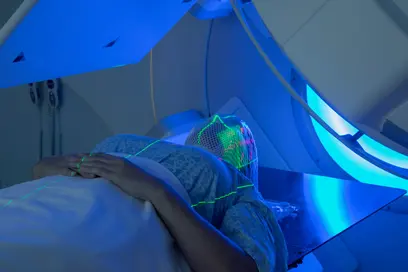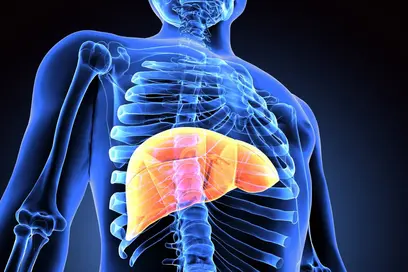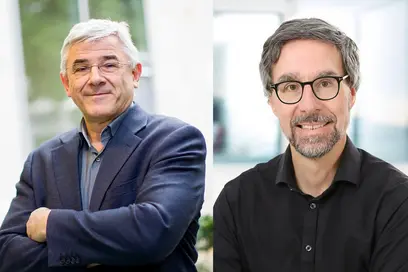Based on data of the Swedish Family Cancer Register, the epidemiologists have studied the occurrence of cancer in nearly 1.7 million offspring and siblings of about 850,000 cancer patients and compared it to the general population of Sweden. The researchers studied cases of breast, colorectal, lung, cervical and prostate cancers as well as melanomas.
The epidemiologists argue that if individual health concerns do really play a role, then the number of cancers diagnosed in relatives of a cancer patient should be particularly high in the year of the first cancer diagnosis in the family. In the following years, this increased familial incidence should disappear.
This interrelation turned out to be clearly noticeable in daughters of breast cancer patients: In the year of the mother’s diagnosis, they were diagnosed with locally confined breast cancer 4.78 times more often than the general population, while five years later hardly any increase in familial incidence was observed. If a parent was diagnosed with melanoma, this type of skin cancer was diagnosed in the same year in his or her offspring eight times more often than in the general population.
In siblings of cancer patients the risk of locally confined breast or cervical cancers as well as prostate cancer also decreased with the years following the sibling’s diagnosis.
“Our data clearly show that cancer of a close relative artificially increases familial cancer risk", concluded Kari Hemminki. “This effect must be taken into account in medical counseling about familial cancer risks so as not to cause unnecessary anxiety in advice seekers."
Justo Lorenzo Bermejo, Kari Hemminki: Familial Risk of Cancer Shortly After Diagnosis of the First Familial Tumor. Journal of the National Cancer Institute, 97(21):1-5, 2005
About DKFZ
With more than 3,000 employees, the German Cancer Research Center (Deutsches Krebsforschungszentrum, DKFZ) is Germany’s largest biomedical research institute. DKFZ scientists identify cancer risk factors, investigate how cancer progresses and develop new cancer prevention strategies. They are also developing new methods to diagnose tumors more precisely and treat cancer patients more successfully. The DKFZ's Cancer Information Service (KID) provides patients, interested citizens and experts with individual answers to questions relating to cancer.
To transfer promising approaches from cancer research to the clinic and thus improve the prognosis of cancer patients, the DKFZ cooperates with excellent research institutions and university hospitals throughout Germany:
- National Center for Tumor Diseases (NCT, 6 sites)
- German Cancer Consortium (DKTK, 8 sites)
- Hopp Children's Cancer Center (KiTZ) Heidelberg
- Helmholtz Institute for Translational Oncology (HI-TRON Mainz) - A Helmholtz Institute of the DKFZ
- DKFZ-Hector Cancer Institute at the University Medical Center Mannheim
- National Cancer Prevention Center (jointly with German Cancer Aid)
The DKFZ is 90 percent financed by the Federal Ministry of Research, Technology and Space and 10 percent by the state of Baden-Württemberg. The DKFZ is a member of the Helmholtz Association of German Research Centers.


